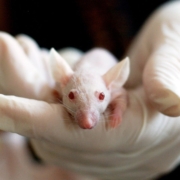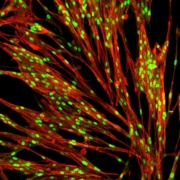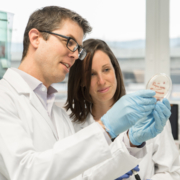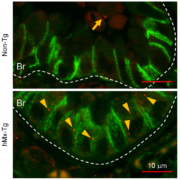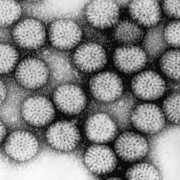German researchers have shown that a protein protects against the development of liver fibrosis by shutting down inflammatory signalling in liver stellate cells of the liver.
ADVERTISEMENT
Cell reprogramming specialist bit bio has expanded its management with renowned experts in the field.
Swiss biotech company BioVersys AG has received a €8m grant by US-based non-profit organisation CARB-X to develop novel anti-virulence antibiotics to treat severe bacterial infections.
Amarna Therapeutics has appointed a new Supervisory Board, led by healthcare and biotech pioneer Thomas Eldered.
A team of Japanese and German researchers has found the protein that helps activate the inflammasome following viral invasion.
Diabeloop CEO Marc Julien has won the EIT Innovators Award.
Researchers at University Lyon have found a potential repurposing application of two market-approved rotavirus vaccines.
Swiss Polyphor AG and researchers from the University of Zurich have presented the mechanism of action of a new class of antibiotics.
In 2019, a new AMR accelerator kicked off under the aegis of the Innovative Medicines Initiative as a follow-up and evolutive next step to the former New Drugs for Bad Bugs programme. European Biotechnology spoke with Rob Stavenger, its coordinator at GlaxoSmithKline, about the goals of the €295m initiative, its cooperation with SMEs, and the relevance of push and pull incentives in the field.
SMEs active in antibiotic development are trying to adapt to the uncertain AMR business. Meanwhile, the European IMI AMR accelerator kicked off.


